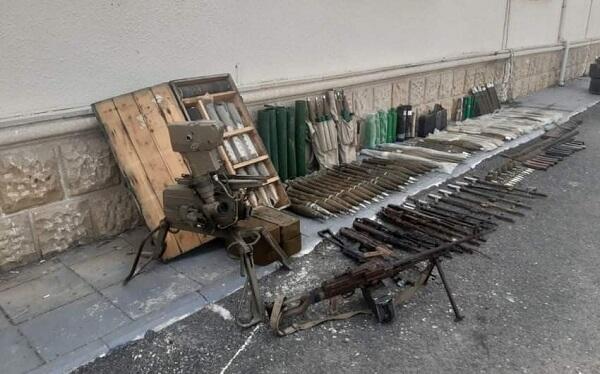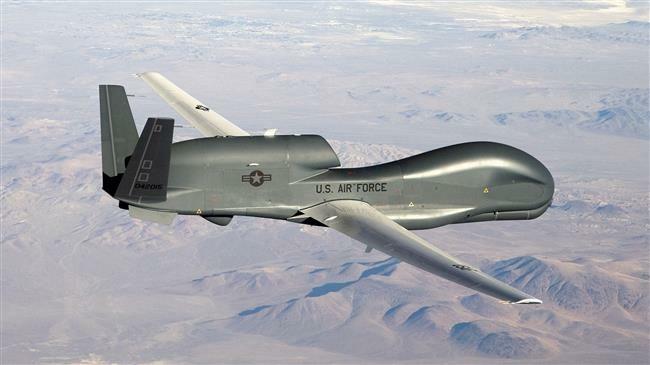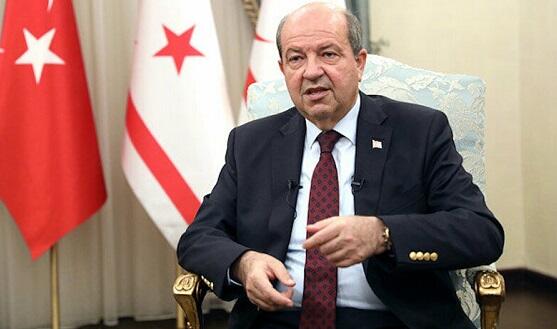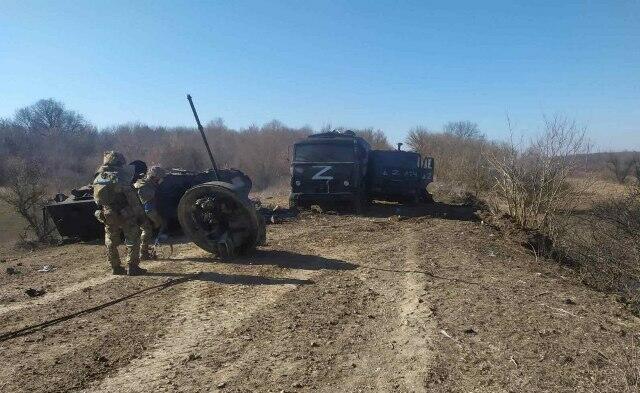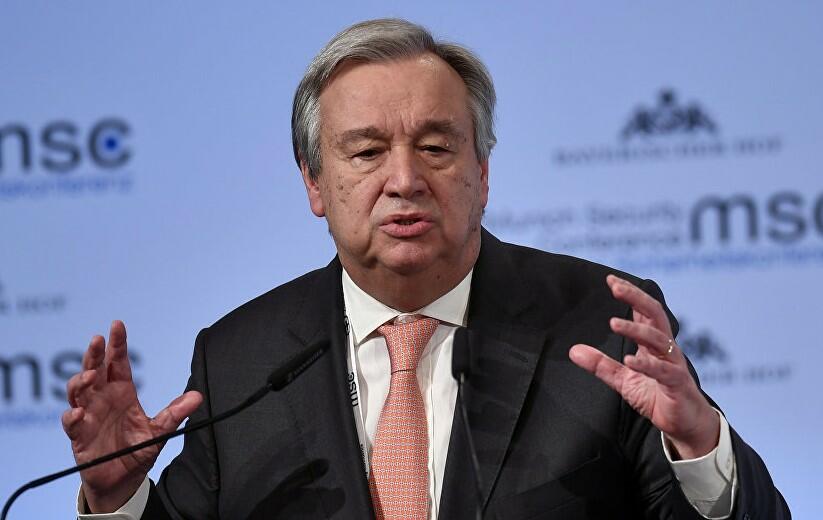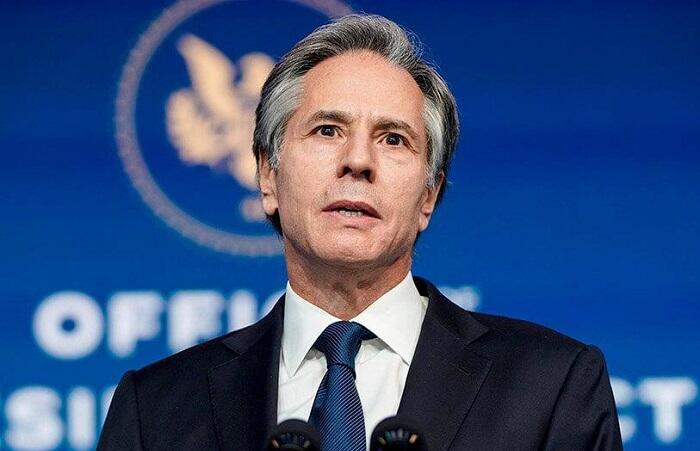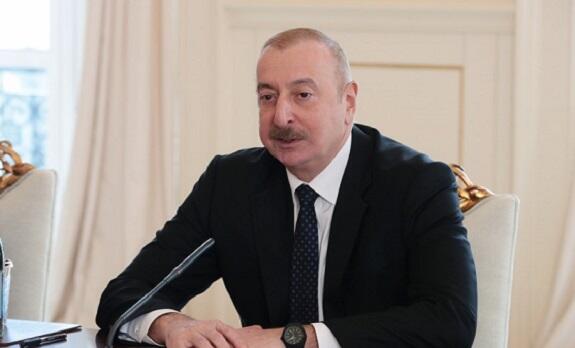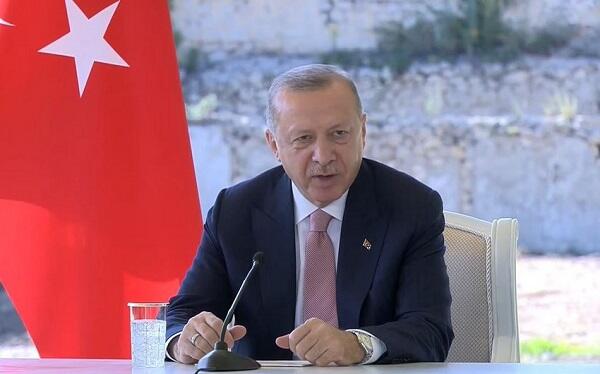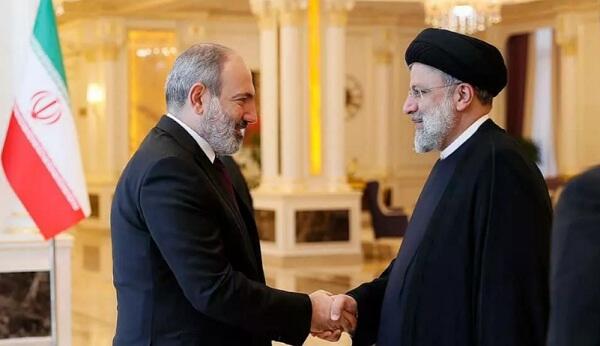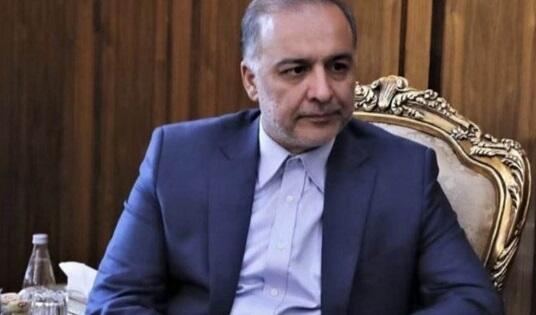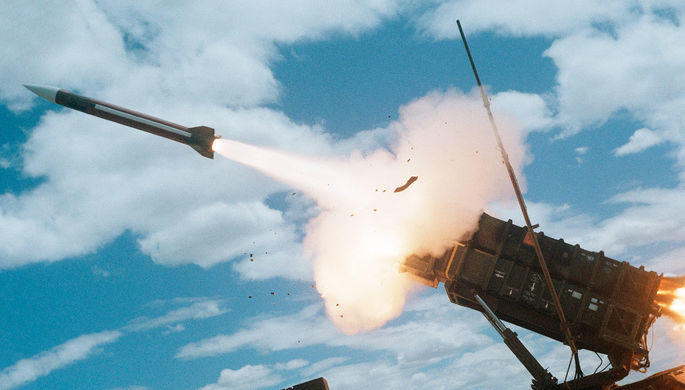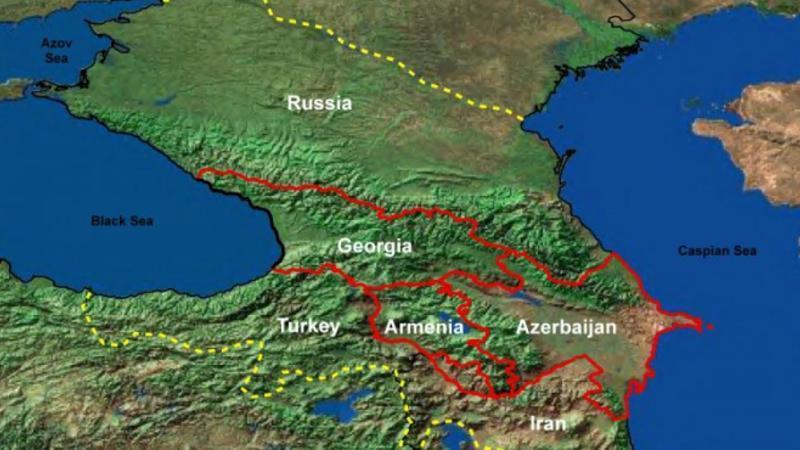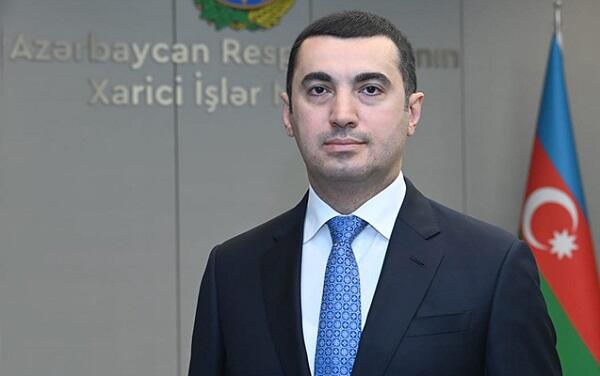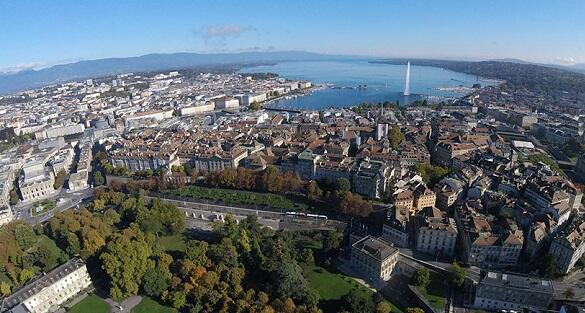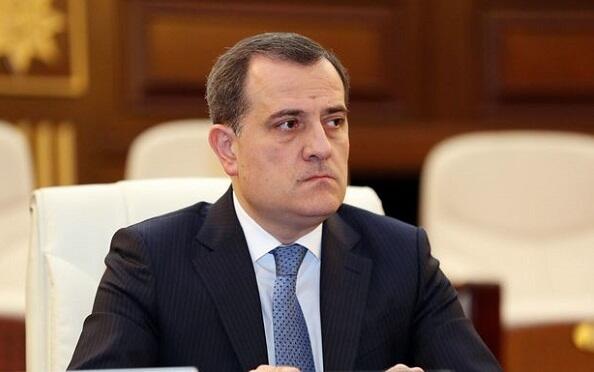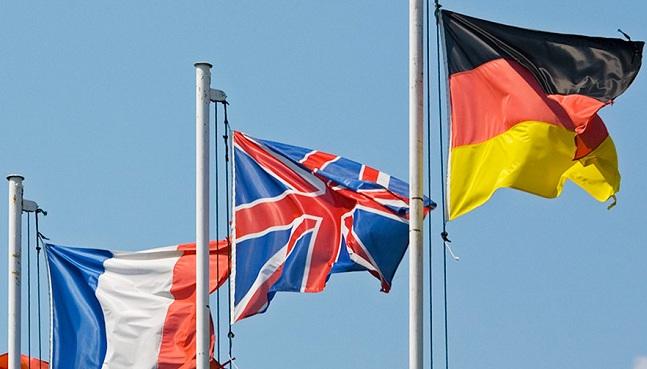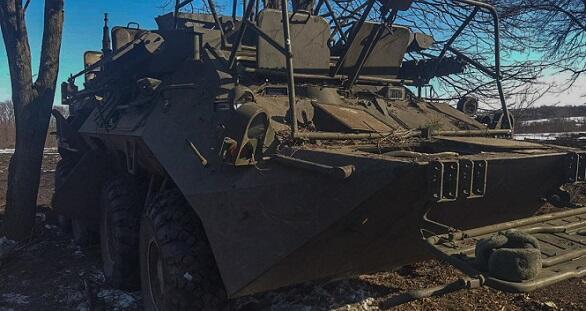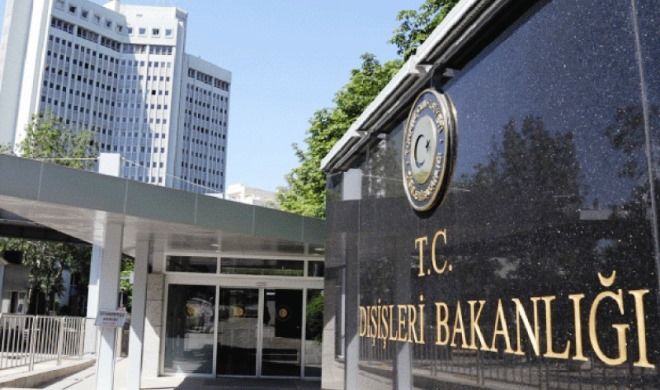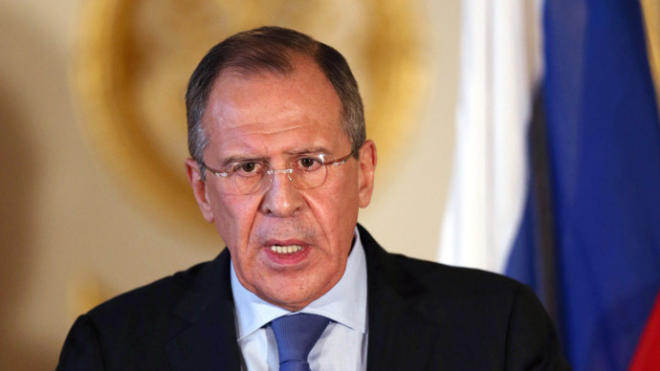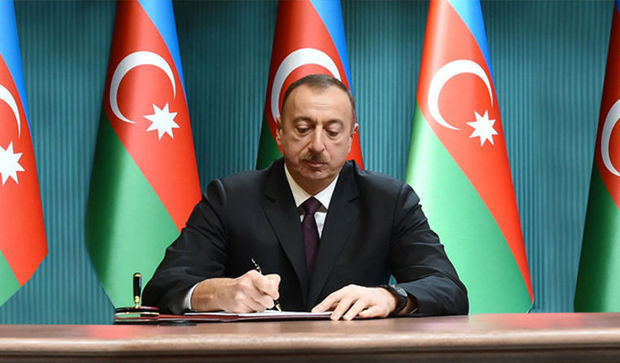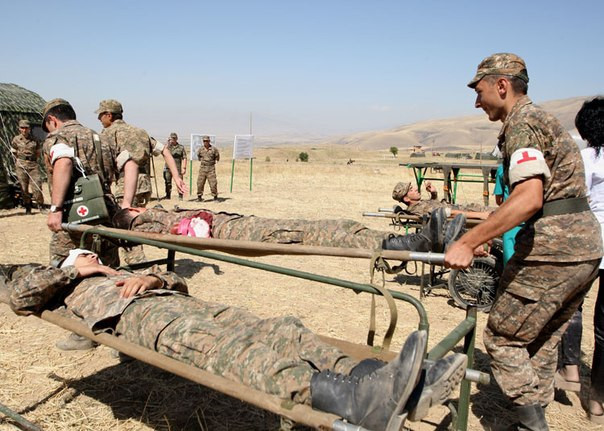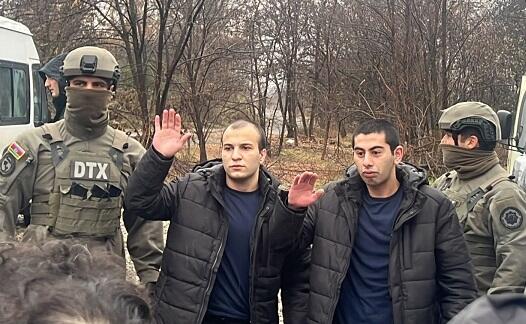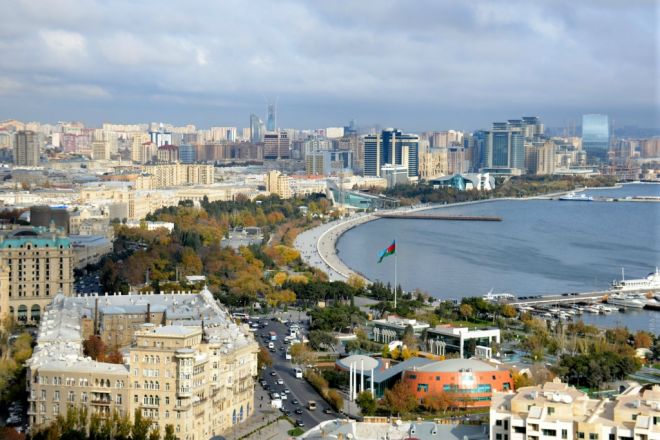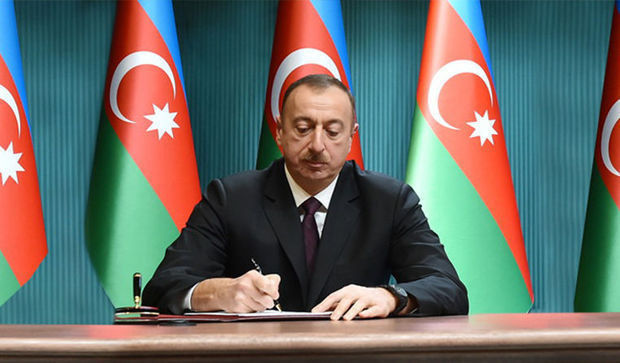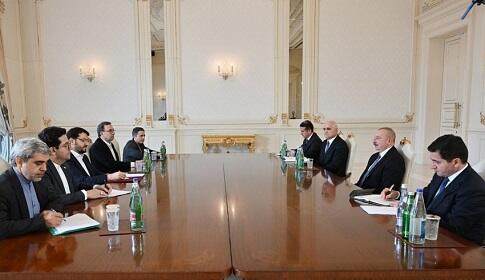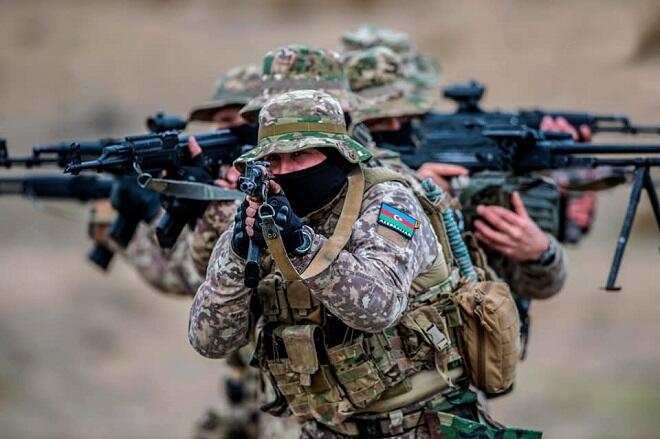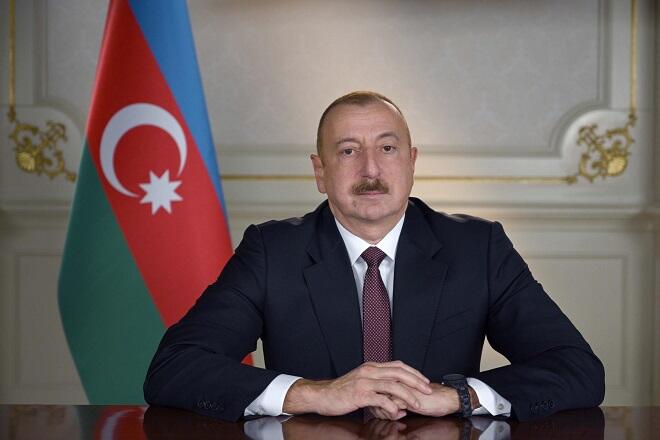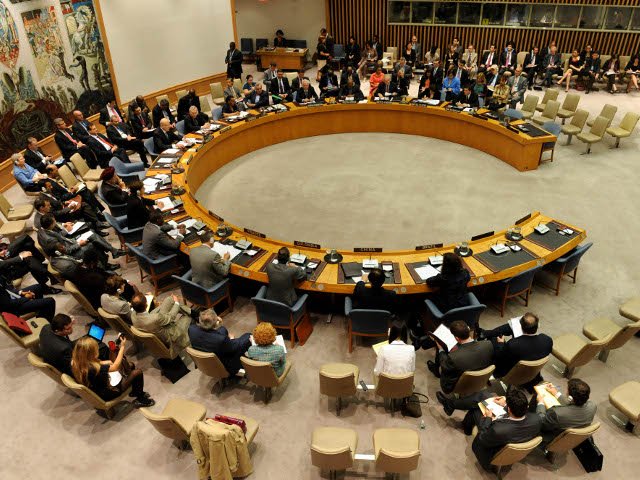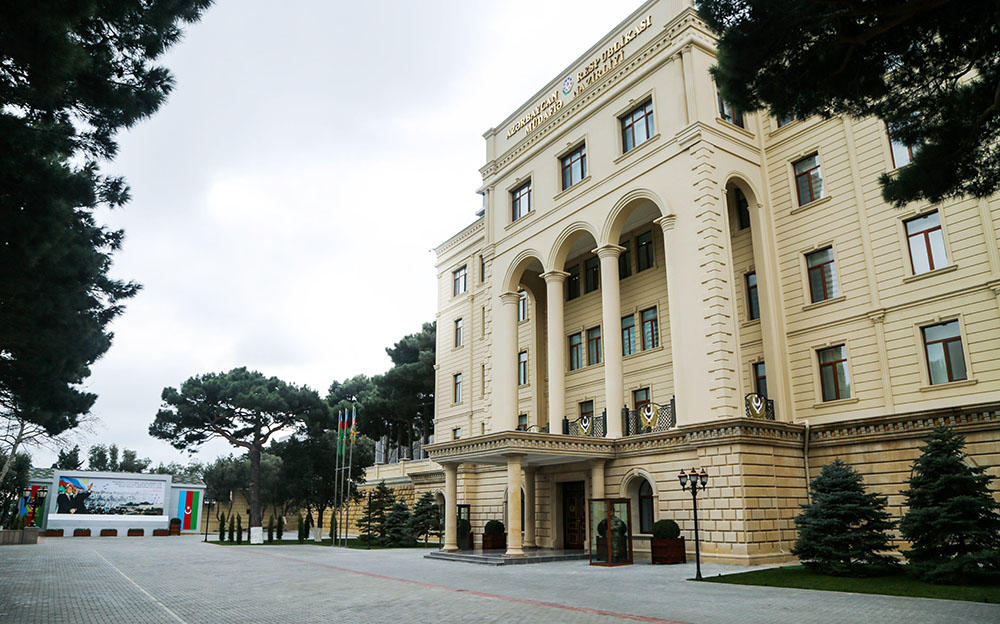Efforts to resolve the Nagorno-Karabakh conflict must not be let go vain, OSCE Chairperson-in-Office, German Foreign Minister Frank-Walter Steinmeier said.
He made the remarks in Vienna May 16 ahead of a meeting between the Azerbaijani and Armenian president with the participation of the OSCE Minsk Group co-chairs.
“These days we’re not only concerned by the conflicts in Libya and Syria, but also the Nagorno-Karabakh conflict,” Steinmeier said.
According to him, the fierce fighting along the contact line between Armenian and Azerbaijani troops six weeks ago indicated that the status quo is untenable in the long term.
“The more the conflict prolongs, the higher will be the risk of a similar escalation and even that of a new war between Azerbaijan and Armenia,” he warned.
Steinmeier pointed out that the OSCE plays an important role in resolving the Nagorno-Karabakh conflict.
France, Russia and the US have been throughout many years trying as the OSCE Minsk Group co-chairs to consolidate the ceasefire agreement and resume the political process, he added.
“We believe that establishing and strengthening ceasefire, agreeing on strengthening trust and starting the negotiation process should be the goal," he said. "It will take some time, there will be no solution in a night, but it doesn’t mean that efforts to resolve the conflict must be let go vain.”
The Nagorno-Karabakh conflict entered its modern phase when the Armenian SRR made territorial claims against the Azerbaijani SSR in 1988.
A fierce war broke out between Azerbaijan and Armenia over the Nagorno-Karabakh region of Azerbaijan. As a result of the war, Armenian armed forces occupied some 20 percent of Azerbaijani territory which includes Nagorno-Karabakh and seven adjacent districts (Lachin, Kalbajar, Aghdam, Fuzuli, Jabrayil, Gubadli and Zangilan), and over a million Azerbaijanis became refugees and internally displaced people.
The military operations finally came to an end when Azerbaijan and Armenia signed a ceasefire agreement in Bishkek in 1994.
Dealing with the settlement of the Nagorno-Karabakh conflict is the OSCE Minsk Group, which was created after the meeting of the OSCE Ministerial Council in Helsinki on 24 March 1992. The Group’s members include Azerbaijan, Armenia, Russia, the United States, France, Italy, Germany, Turkey, Belarus, Finland and Sweden.
Besides, the OSCE Minsk Group has a co-chairmanship institution, comprised of Russian, US and French co-chairs, which began operating in 1996.
Resolutions 822, 853, 874 and 884 of the UN Security Council, which were passed in short intervals in 1993, and other resolutions adopted by the UN General Assembly, PACE, OSCE, OIC, and other organizations require Armenia to unconditionally withdraw its troops from Nagorno-Karabakh.


